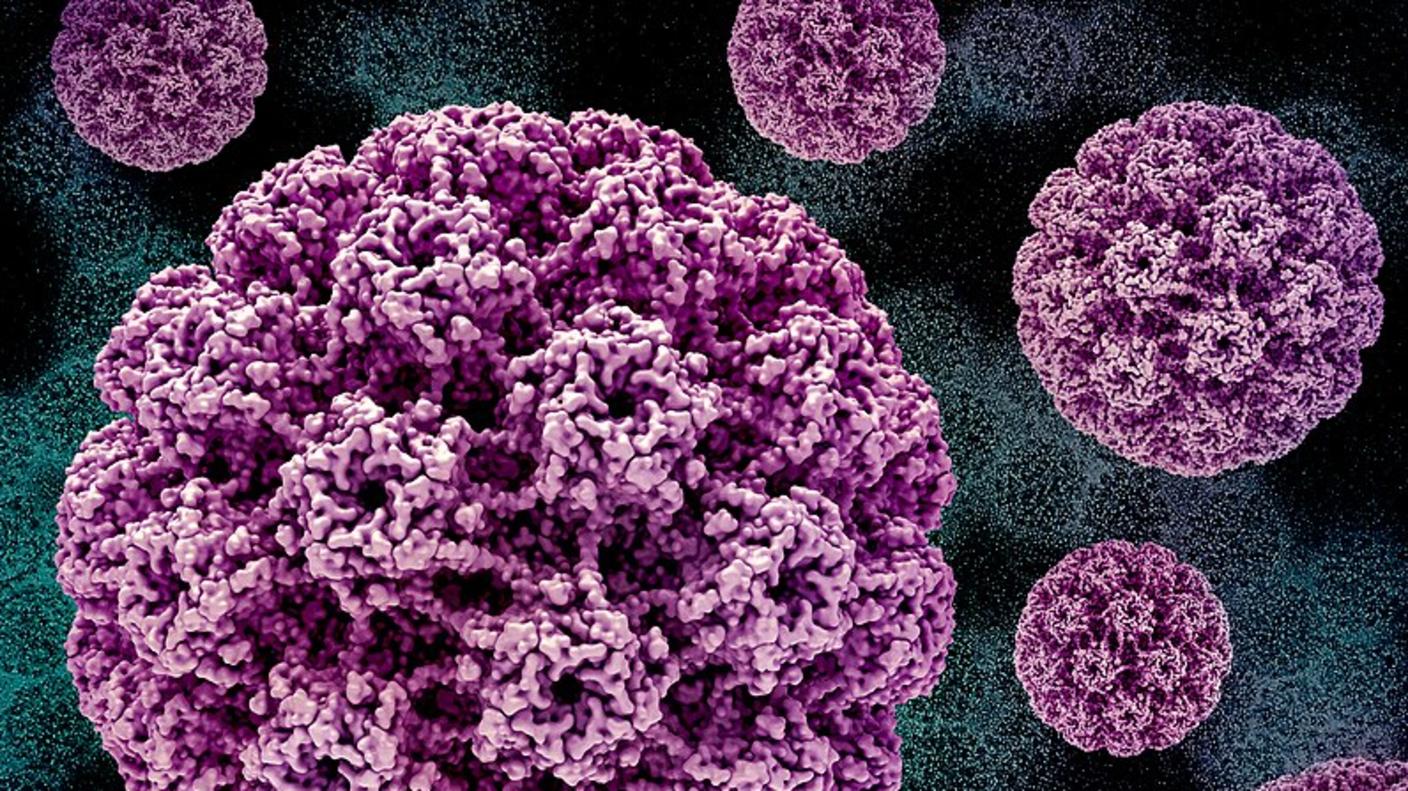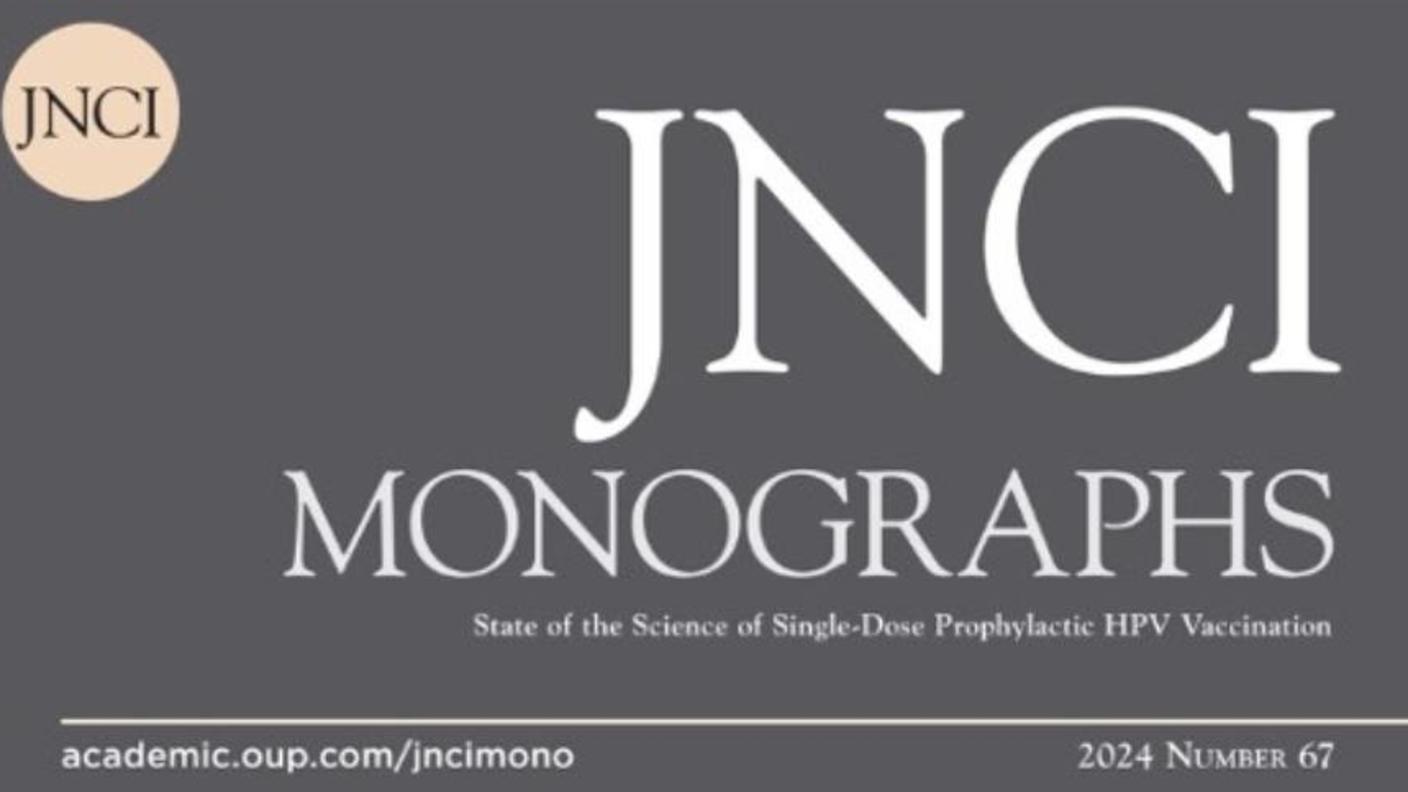Infections and Immunoepidemiology Branch

Improving health by conducting high-impact epidemiological research on infections, the immune system, and cancer.
Investigators in the Infections and Immunoepidemiology Branch (IIB) conduct multidisciplinary epidemiologic studies to clarify the relationship of infectious agents and alterations in the immune system to human cancer.
Research Mission
IIB conducts epidemiologic research on 1) infectious agents with established or postulated associations with cancer and 2) immune variation relevant for cancer risk, including conditions such as severe immunosuppression, autoimmune diseases, chronic inflammation, and genetic factors. The Branch focuses on etiologic studies and looks for opportunities to translate those findings to cancer prevention, risk stratification, screening, and clinical medicine.
Our research has broad relevance in reducing health disparities, since certain infections related to cancer disproportionately affect people living in lower- and middle-income countries and disadvantaged groups within the United States. Approximately 15% of all cancers worldwide (23% in developing countries and 9% in developed countries) are attributable to infectious agents. Immunity and inflammation also play an important role in the etiology of cancer.
Learn more about IIB's research areas.
Fellowships
Working closely with tenured and tenure-track investigators, IIB fellows take lead responsibility for analyzing and summarizing previously collected data. Senior staff assist in writing manuscripts and bringing these to publication in the peer-reviewed scientific literature. Fellows become familiar with the entire IIB portfolio and are encouraged to participate in on-going and newly proposed studies within the Branch and throughout the Division.
IIB Research Highlights
View a list of IIB publications.
- Tool Estimates Colorectal Cancer Survival for Patients in Need of Organ Transplantation
- HPV Single-Dose Protection: JNCI Monograph Summarizes the Evidence
- McGee-Avila J et al. Cancer treatment disparities in people with HIV in the United States, 2001-2019. J Clin Oncol. 2024.
- Helicobacter pylori Genome Project Results
- Stephens E et al. Human papillomavirus awareness by educational level and by race and ethnicity. JAMA Netw Open. 2023.
- McGee-Avila JK et al. Risk of hepatocellular carcinoma in people with HIV in the United States, 2001-2019. J Natl Cancer Inst. 2023.
- Shing JZ, et al. Precancerous cervical lesions caused by non-vaccine-preventable HPV types after vaccination with the bivalent AS04-adjuvanted HPV vaccine: An analysis of the long-term follow-up study from the randomised Costa Rica HPV Vaccine Trial. Lancet Oncol. 2022.
- Song M, et al. Association of antiparietal cell and anti-intrinsic factor antibodies with risk of gastric cancer. JAMA Oncol. 2022.
- Shiels MS, et al. Leading causes of death in the U.S. during the COVID-19 pandemic, March 2020 to October 2021. JAMA Intern Med. 2022.
- Engels EA, et al. Predicted cure and survival among transplant recipients with a previous cancer diagnosis. J Clin Oncol. 2021.

